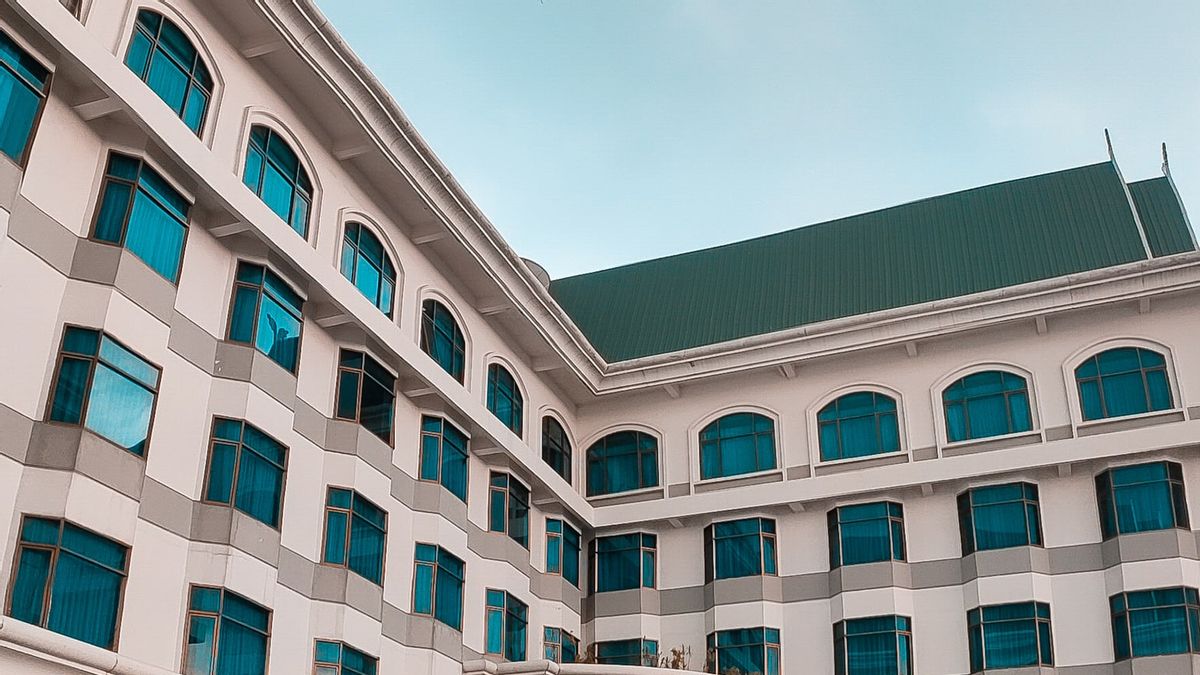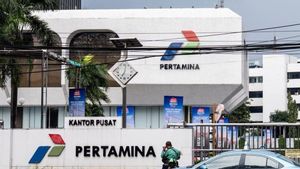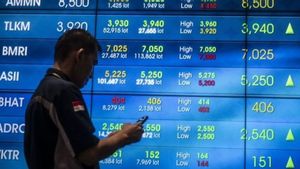JAKARTA - The hotel sector is still under pressure in 2021. The Indonesian Hotel and Restaurant Association (PHRI) estimates that the average overall hotel occupancy rate is still around 30 percent to 34 percent. This condition is exacerbated by the implementation of level 4 community activity restrictions (PPKM) in Java-Bali.
PHRI Secretary General Maulana Yusran said that the hotel industry is currently critical. Not a few who in the end were unable to survive in the PPKM period because they did not have reserve funds.
"If asked about the conditions, the answer is of course the same as yesterday, they are already critical. So those who can survive will survive, those who can't, can't survive anymore. Because actually if we tell you about the conditions from the Emergency PPKM, the situation is not good," he said when contacted by VOI. , Wednesday, August 4th.
In fact, said Yusran, the reduction of employees is inevitable. Because, both hotels and restaurants since the 2020 pandemic, their consumers have decreased considerably. However, the conditions this time are different from 2020 where entrepreneurs still have sufficient reserve funds to be phased in.
"Moreover, at the hotel, we run with an occupancy rate of 34 percent. In 2020 until the first semester of 2021, the average is still between 30-34 percent. Not to mention the low average. That indicates the hotel's income is not too much," he said.
Yusran also said that hotel and restaurant entrepreneurs still have a gap between liabilities and income. So it must be covered in the following month. This condition has an impact on the difficulty of the company to obtain reserve funds to survive if something happens.
"Because these two sectors are very dependent on the mobility of people or the movement of people. So once they are detained, the impact will be significant on consumers. The conditions are like that," he said.
Therefore, Yusran hopes that the government will provide compensation from local taxes to electricity. Because, he said, the tourism sector cannot only open or carry out activities, but there are still obstacles for people to move. Because there will be no demand.
"Because you can't carry out activities, of course it's related to local taxes. Then it's also related to banking. Then the problem of electricity, the subscription is removed," he said.
In addition, said Yusran, whatever entrepreneurs do to survive will still be useless as long as the movement of people is restricted. Because, in the tourism sector, the demand is tourists.
"Because from the side of the business actors themselves, what is it like? Yes, it is difficult, what kind of business will we want if the demand is gone. The problem is the demand," he explained.
The English, Chinese, Japanese, Arabic, and French versions are automatically generated by the AI. So there may still be inaccuracies in translating, please always see Indonesian as our main language. (system supported by DigitalSiber.id)











